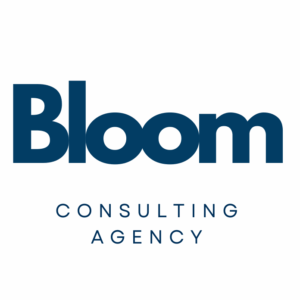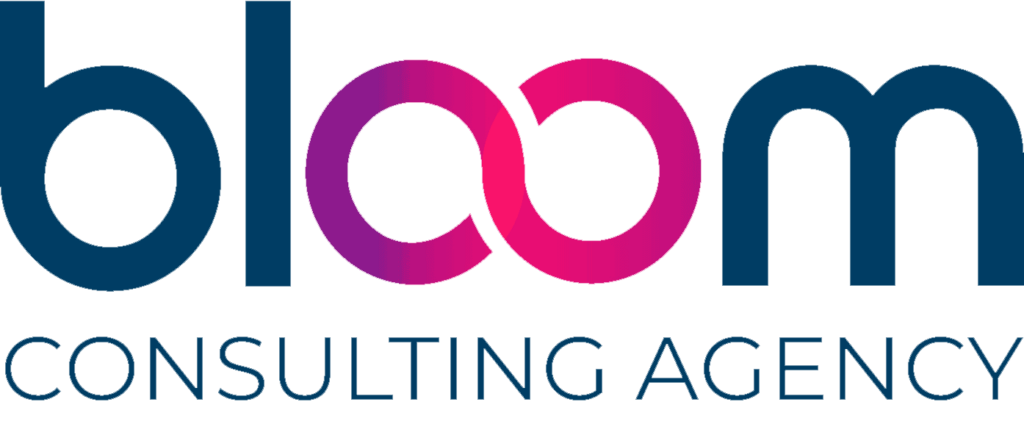To adhere to state licensing standards, addiction treatment centers must pass several inspections to complete the facility accreditation process. For example, a comprehensive review of therapy methods, employees, and programs and how they maintain safety, client care, operations, and administrative policies are in the study.
Treatment centers must be ready to disclose all aspects of their programs. Accreditation speaks to the quality and value of treatment for addiction issues. Fortunately, Bloom Consulting Agency understands its importance.
Understanding CARF Accreditations
The primary accrediting organization for treatment centers is CARF, which serves North America, South America, Europe, Asia, and Oceania. The Commission on Accreditation of Rehabilitation Facilities, or CARF, is a non-profit agency. In addition, CARF has over 8,000 service providers and over 60,000 programs and services within 28,000 locations. Treatment centers are just some of the programs that undertake the facility accreditation process.
A facility can become CARF-accredited through the following programs:
- Assistive Technology for the Workplace
- Child and youth community programs
- Respite services
- Addiction case management, preventative and residential programs
- Mental health and psychological rehabilitation programs
The Joint Commission on Accreditation of Healthcare Organizations (JCAHO) is another non-profit organization striving to ensure facilities provide the safest, highest quality, and cost-effective treatment. In addition, JCAHO ensures centers comply with HIPAA protocols and standards. Focusing on a facility’s reputation when seeking treatment can begin with questioning if they have achieved CARF or JCAHO accreditation.
Does Being Accredited Matter?
Not only do consumers identify accredited facilities as desirable over those that are not, but becoming an accredited facility is a marketing advantage. In addition, accreditation means quality care for substance treatment centers, retirement living, community services, and rehabilitation centers.
The facility accreditation process carries many unique advantages to provide the best return for their accreditation dollars. Advertising an accredited facility can boast the best practices and highest standards of care for their patients.
The facility accreditation process evaluates the following standards to ensure the highest quality of care in the facility:
- Staff trained at the highest levels to decrease the chances of adverse experiences.
- Safety standards have been checked and approved.
- Excellent policies and procedures for operating and managing the facility are in action.
- The facility maintains HIPAA compliance standards.
- Diversity and inclusion are essential components of their workforce to treat a large demographic of patients.
What is the Accreditation Process?
A facility accreditation process aims to maintain a service provider committed to continual quality improvements to focus on the unique needs of each patient who frequents the facility. First, the administration of the facility or service provider examines its programs, business practices, and current staffing.
Once the facility is satisfied with its audits and reviews, a request is made for an on-site survey from a team of experts selected by CARF. During the on-site survey, the provider must prove that all requirements are met and align with CARF standards.
Once the team of experts issues a report, a QIP (quality improvement plan) is submitted to address any concerns or areas that need improvement. In addition, the facility accreditation process continues with a finalized report of progress made after the quality improvement plan noted improvement areas. Fees must be submitted to CARF to document all data submitted. This process indicates a facility strives for excellent customer satisfaction and best practices in treatment.
CARF Survey Questions
People who receive services, their families, staff, and others will be interviewed. These questions are helpful for continual improvement and the ability to earn accreditation. The CARF team welcomes information pertinent to quality care. The following questions are essential considerations in the excellence of care.
- Do we provide a clean and safe setting?
- Do you receive the services you need and want?
- Are you treated with respect?
- Do you take part in planning your services?
- Are you told what you need to know about your services?
- Are your questions answered in a way you understand?
- Do you know where to go with questions or concerns?
Steps to Preparation
The following steps briefly describe the labor-intensive process for readiness for a CARF survey. Each step is on the list to show the extreme intensity of preparation efforts for the facility accreditation process. Because of the time, effort, and dollars for investing in the survey, all administrators involved mustn’t take the preparations lightly.
- Consult with a designated CARF resource specialist for guidance
- Conduct a self-evaluation of the facility. The facility provides this
- Submit a survey application, containing leadership info about the facility
- CARF invoices for the survey fee
- CARF selects the survey team and matches experts for each facility type
- The survey team conducts and determines the conformance level to their standard
- CARF renders an accreditation decision
Accreditation decisions are a variety of options, including:
- 3-year accreditation
- 1-year accreditation
- Provisional accreditation
- No accreditation
- The decision is ready 6 to 8 weeks after completing the survey and a QIP report.
Additional factors to keep current on the accreditation throughout the following year are essential.
Benefits of Accreditations
CARF invests in providing the facility with the most value for its accreditation dollars. Not only are patients assured that the facility’s programs and practices are superior to their competitors. They also prove high quality.
Therefore, the benefits of the facility accreditation process stamp CARF’s approval that the facility is internationally accepted and that services are of the most outstanding levels. Finally, the payers of the facility also recognize the worthiness of the facility in their reimbursements and should indicate their appreciation.
CARF-accredited benefits include:
- Business improvement
- Excellence of service
- Competitive differentiation
- Risk management
- Access to funding
- Positive visibility
- Accountability
- Peer networking opportunities
Learn More About Facility Accreditation Processes in Florida
If CARF has not accredited your facility as of yet, our professional healthcare consultants can provide valuable insights on preparing for the survey. In addition, Bloom Healthcare Consulting can deliver valuable insights into CARF institutes’ processes and what they look for in their surveys. So take your rightful place in your community’s healthcare facility landscape and contact us on the contact us page.
We look forward to helping you stay in line with the scheduled events that need to take place. Contact us to start your journey.









